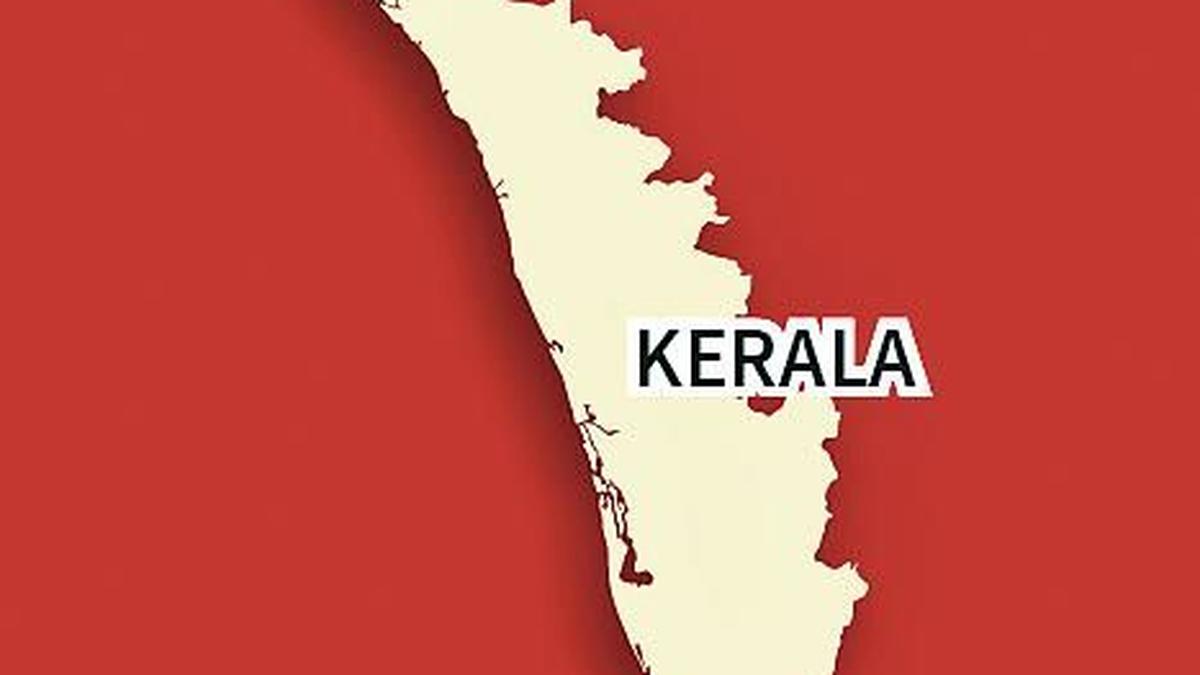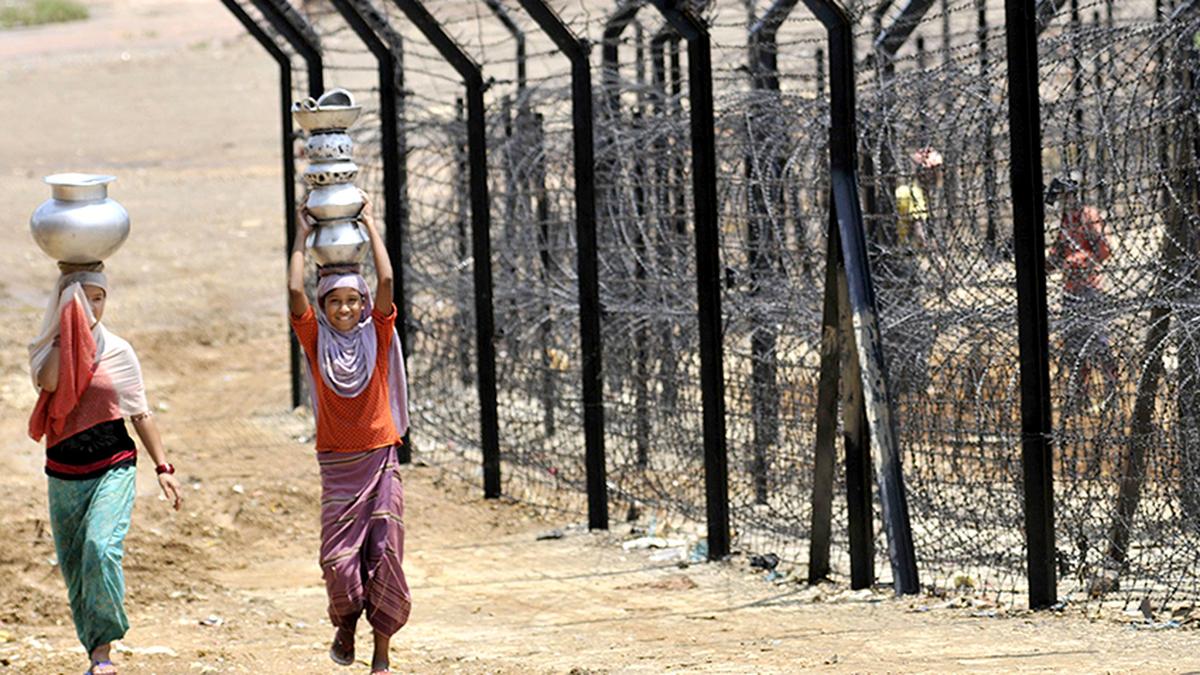Now Reading: Cooperatives in Transition: Challenges and Opportunities Ahead
-
01
Cooperatives in Transition: Challenges and Opportunities Ahead
Cooperatives in Transition: Challenges and Opportunities Ahead

Rapid Summary
- The National Cooperative Policy, 2025, was unveiled by Union Home and Cooperation Minister amit Shah in July.
- Kerala’s government has criticized the policy as unconstitutional, alleging it intrudes into State authority over cooperative societies, which are listed under State jurisdiction in India’s Constitution (Entry 32 of the Seventh Schedule).
- Kerala maintains a strong tradition of cooperatives that enjoy notable grassroots public support and manage financial deposits worth ₹2.94 lakh crore.
- V.N. Vasavan, Kerala’s Minister for Cooperation, called the policy harmful to cooperatives and accused it of bypassing cooperative federalism principles.
- Organisations like the Kerala primary Agricultural Cooperative Society Association and the Kerala Cooperative Employees Union strongly oppose the policy, denouncing alleged attempts to transfer control of cooperatives toward corporate interests.
- The BJP government’s focus on changes in cooperative policies comes amidst scam allegations involving certain cooperative banks in Kerala, such as Karuvannur Service Cooperative Bank.
- In response to credibility issues within its cooperatives sector, kerala introduced tighter safeguards through amendments to its laws in 2023.
- Challenges such as urbanization and evolving market dynamics are pushing Kerala’s traditional rural cooperative model into diversification opportunities across emerging industries like energy and health.
Indian Opinion Analysis
The unveiling of the National Cooperative Policy highlights growing tensions between India’s central government under BJP leadership and states governed by opposition parties like CPI(M)-led Left Democratic Front in Kerala. While claiming adherence to federalism principles on paper,critics argue that initiatives like this may erode state autonomy over constitutionally assigned domains such as cooperatives. Given their essential role within rural economic frameworks-particularly for farmers-any perceived centralization would likely face robust resistance from states with well-established systems like those found in Kerala.
At the same time, allegations of financial mismanagement within certain sectors do raise questions about internal governance standards at a state level. While recent legislative reforms were aimed at restoring credibility locally, they underscore why overarching national strategies might be devised as preventative measures by New Delhi.
Ultimately for states like Kerala facing both systemic reform needs internally and apparent expansion ambitions externally (toward urban diversification),balancing these pressures will be pivotal not just for political negotiations but also tangible impacts on economic sustainability at grassroots levels.
Read more: Source
























